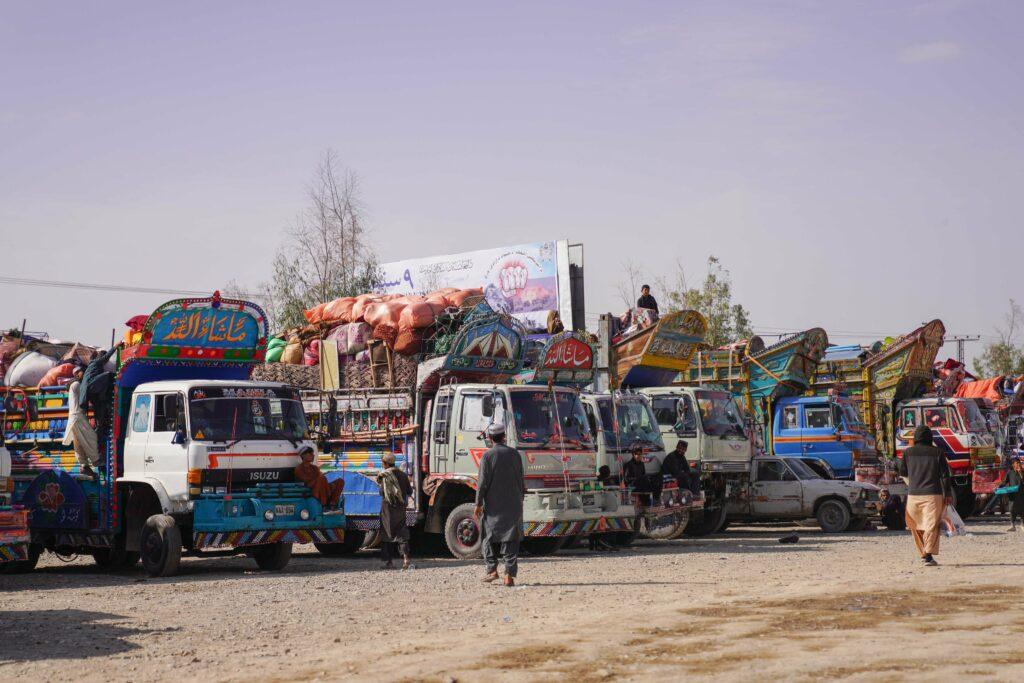KABUL (Pajhwok): The International Federation of Red Cross and Red Crescent Societies (IFRC) has voiced its concern at the forced expulsion of Afghan refugees from Pakistan.
The Federation announced it was supporting the Afghan Red Crescent Society (ARCS) to address the immediate and longer-term needs of 50,000 people.
Earlier, the government of Pakistan had asked all Afghans without valid visas to leave the country by March 31. 2025.
Up to one million Afghan refugees could be forced to return to their homeland after decades of living in Pakistan, the IFRC said in a report.
The organisation noted: “The humanitarian needs of people returning to Afghanistan are high. Many have abandoned their livelihoods and personal belongings in Pakistan.
“Children, many of whom are already malnourished, need specialised care. Many families have been separated during the journey and need support to restore family links. Longer term support will also be needed to help people to re-establish their lives in Afghanistan.”
The IFRC has allocated an initial 750,000 Swiss francs from its Disaster Response Emergency Fund (DREF) to enable ARCS to provide shelter, emergency health services, food and water, all of which are in desperately short supply for Afghans returning from Pakistan.
According to UN data cited by the IFRC, around 850,000 people have returned from Pakistan since September 2023, in addition to significant numbers of Afghans coming back from Iran.
Afghan Red Crescent Society chief Maulvi Shahabuddin Delawar underlined the urgent need for action to help the returnees.
He said: “People returning are facing numerous challenges that they cannot navigate alone. Women and children represent a significant portion of those returning, and ensuring their safety and well-being must be our top priority.
“As a local organisation with a presence across the country, our aim is to provide immediate relief and long-term support to help people rebuild their lives safely and with dignity.”
Ahmed Suliman, the interim head of IFRC Delegation in Afghanistan, expressed concern about the potential scale of the crisis.
He said: “This dynamic situation will impact millions of people. Addressing immediate needs – such as food, healthcare and shelter – is our top priority, while also planning to support people in the longer-term.”
He added IFRC and National Societies were working alongside ARCS to tackle the challenges and provide tailored support people most in need.
The IFRC emphasised all returns must be voluntary, safe and dignified. It called on the international community to provide adequate support to meet the growing humanitarian needs of people returning to Afghanistan.
kk/mud







GET IN TOUCH
NEWSLETTER
SUGGEST A STORY
PAJHWOK MOBILE APP